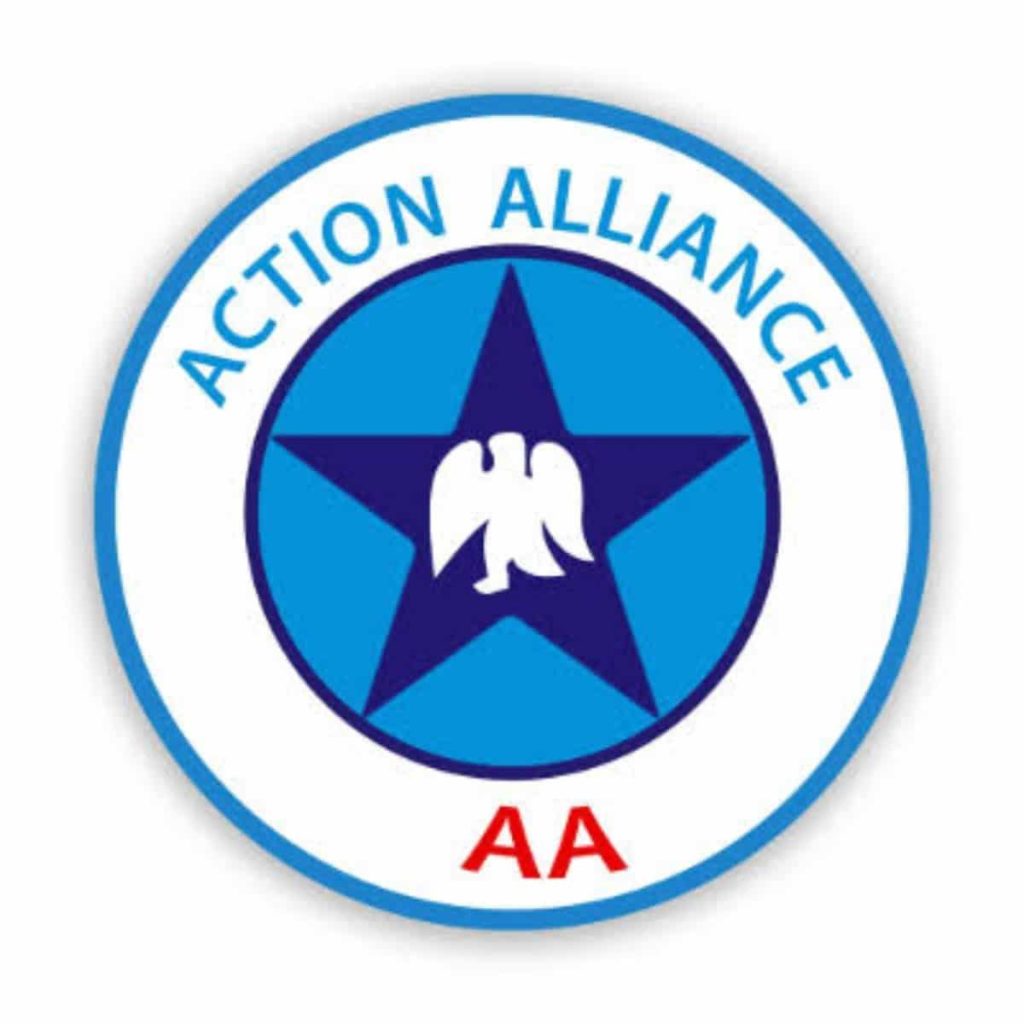As political campaigns in Nigeria’s Anambra State grow increasingly contentious ahead of November’s gubernatorial election, candidates are being urged to prioritize constructive dialogue over inflammatory rhetoric. Chief Jeff Nweke, the Action Alliance (AA) party’s governorship hopeful, has publicly condemned the surge in personal attacks and divisive language among rivals, warning that such tactics risk undermining social cohesion and public trust in the electoral process.
Nweke’s remarks come amid heightened tensions in the southeastern state, a region with a history of competitive politics and economic influence. In a recent statement, he criticized what he described as “legendary misspeaks” by political figures, arguing that derogatory comments not only erode unity but also tarnish the credibility of those who engage in them. “Politics is an intrinsic part of human society, but it must be wielded responsibly,” he said, stressing that the pursuit of power should not come at the cost of ethical standards.
Echoing sentiments previously voiced by Anambra’s incumbent governor, Chukwuma Soludo, Nweke emphasized politics as a vehicle for progressive change. He likened societal transformation to “a constant river” that reshapes outdated systems with innovative solutions. While acknowledging that traditional approaches may hold value, he insisted that “stagnation is not an option” in addressing the state’s challenges, from infrastructure gaps to economic inequality. “Diverse ideas aren’t divisive—they’re the bedrock of innovation,” he added.
With less than three months until polls open on November 6, Nweke called on opponents to shift focus from personal jabs to policy-driven debates. He urged campaigns to center on actionable plans for education, healthcare, and job creation, framing the election as a critical juncture for Anambra’s future. “Verbal attacks distract from the real issues,” he said. “Voters deserve maturity, respect, and clear strategies to improve their lives.”
The appeal arrives as political rallies and media statements grow more combative, a pattern observers say could deepen voter apathy or inflame regional divides. Anambra, home to major commercial hubs like Onitsha and Nnewi, has historically played a pivotal role in Nigeria’s economy, making its political climate a bellwether for broader national dynamics. Analysts note that heated rhetoric in past elections has occasionally escalated into violence, complicating efforts to ensure peaceful voter participation.
Nweke’s message underscores a widening debate about the tone of Nigeria’s political discourse ahead of the 2023 general elections. While mudslinging remains a recurring feature of campaigns nationwide, his stance aligns with growing calls from civil society groups for stricter adherence to electoral guidelines promoting respectful dialogue. As campaigning intensifies, the coming weeks will test whether candidates heed such appeals—or allow the race to devolve into what Nweke termed “a war of words.”
